Welcome to Autocar’s extended coverage of the Tokyo motor show, one of Japan’s biggest automotive events and the first chance to see many of the cars Japanese manufacturers will be bringing to Europe in the next few years.
Show report
This year, Tokyo bore witness to car makers’ lively imaginations, demonstrating a transition beyond the ubiquitous role of electrification to a more futuristic vision for the automotive industry.
Toyota made the biggest statement, not even featuring a car on its stand - despite revealing many for the show. The nearest it came to a car on its stand was the funky e-Racer, a two-seat fun-to-drive car intended to emphasise the firm’s belief that a future with autonomous cars will still have room for driving enthusiasts.
If you looked hard enough, the Toyota LQ self-driving hatchback was hidden among an interactive part of the show, which also included a giant screen and people live-gaming racing in the Japanese Super GT race series. The LQ is proof if you ever required it that autonomous pods need not be bland.
More production-ready is the Mirai concept – to arrive in production form in 2021 – which has come on leap years in styling over the current model.
Back to the space age: Toyota’s premium brand Lexus showed the LF-30 Electrified concept car complete with roof-mounted doors and a dramatically short rear. Despite the futuristic design, which hints at Lexus design in 2030 and beyond, it is underpinned by a new electric platform to be used on Lexus and Toyota EVs from 2022, making it more immediately relevant.
Suzuki revealed three concepts, including the Hanare autonomous pod and the compact Waku SPO. All have retro styling, intended to hark back to Suzuki’s heritage, the brand’s designer Takafumi Ogisu told me, but the most interesting was the Waku for its ability to change body shape. At the press of a button, the estate rear of the car moves into the boot space, morphing into a coupé.
The idea, said Ogisu, is that you can enjoy driving when it’s a coupé model, while in estate form it is more practical with more rear passenger space. Unsurprisingly, there are no plans for production, but it presents an interesting case for the future of motoring, in which we could both enjoy driving but also sit back and let the car drive us.
Another exciting design was Mitsubishi’s Mi-Tech compact SUV concept, which hints at the styling of the next ASX due in 2021. It previews new technology: a downsized plug-in hybrid range-extender system that replaces the petrol engine used in Mitsubishi’s existing plug-in hybrid drivetrain with a gas-turbine engine-generator.
A touch more realistic on the design front was Nissan’s Ariya concept, previewing the long-awaited electric SUV that will arrive in the next two years. “When Nissan gives a car a real name, rather than a codename, it is always because the car is approaching production,” revealed head of design Alfonso Albaisa.
And then there were the less dramatic but production-ready models, staid compared with the flair of models such as the Mi-Tech and e-Racer but important nonetheless.
Mazda revealed its first electric model, the MX-30, adopting the RX-8’s rear-hinged doors. It will offer a humble 130 miles of range, but Mazda’s reasoning has logic. It said it has chosen a smaller battery to achieve better emissions through the entire life cycle of a car. Its research has found that a 35.5kWh battery (as the MX-30 uses) produces fewer emissions overall than a petrol-powered Mazda 3 or an EV using a 95kWh battery (as the Audi E-tron does).

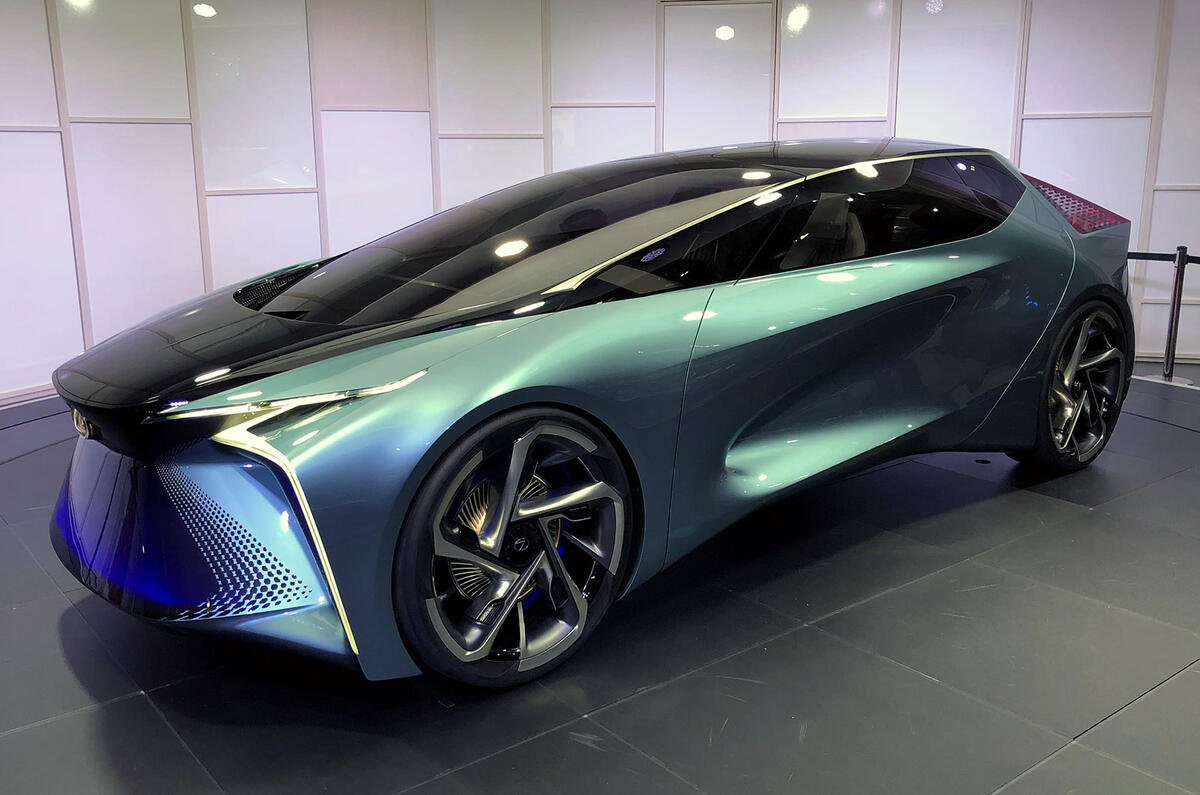
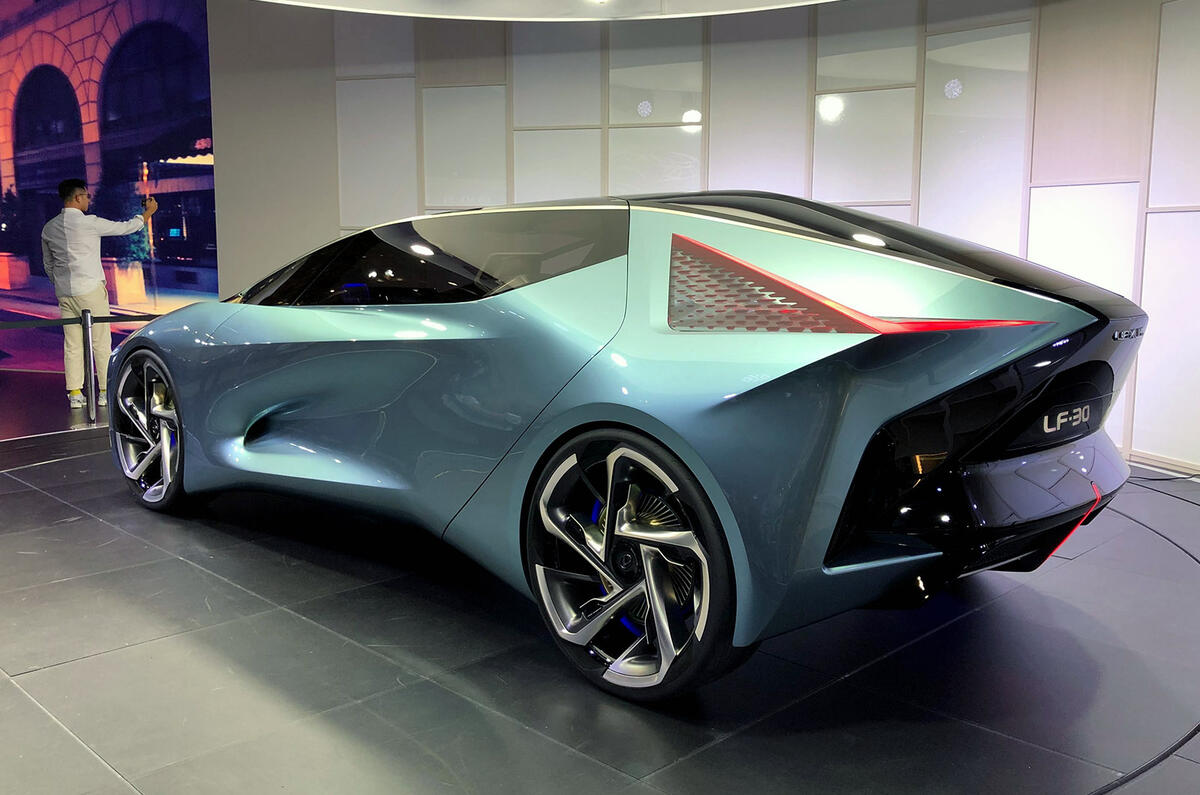
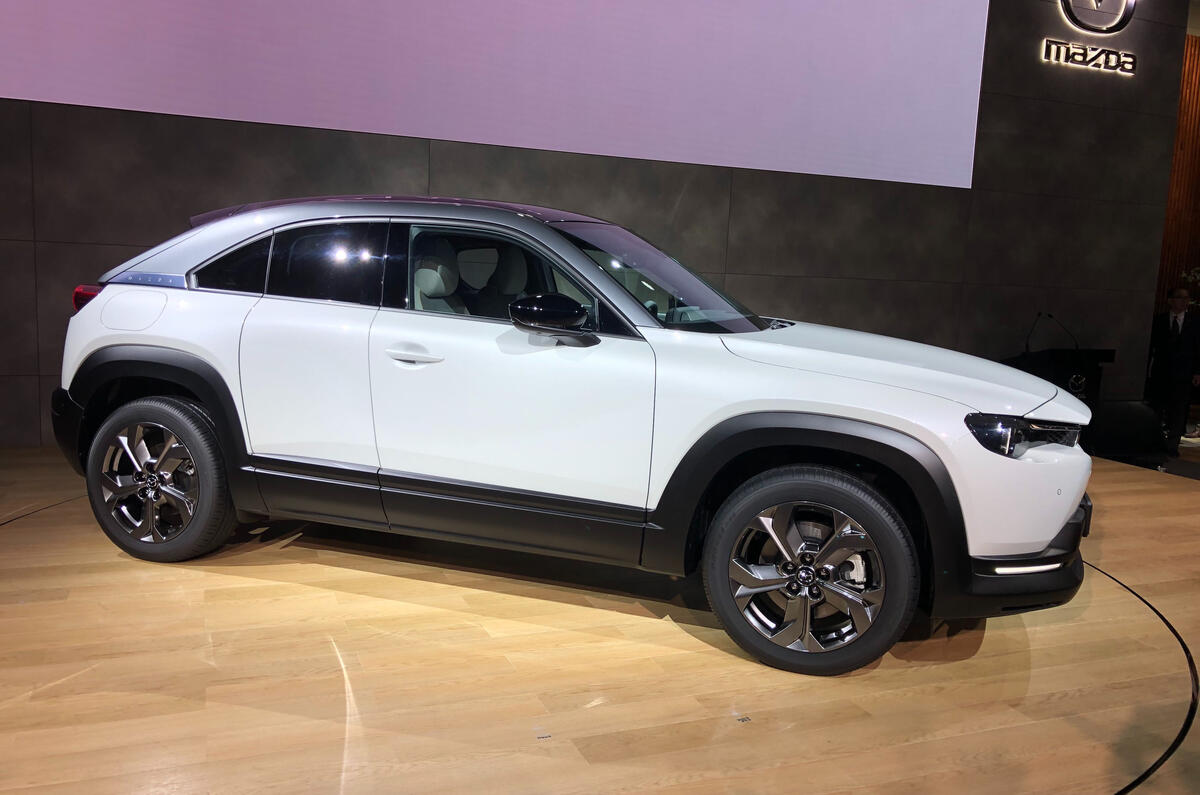
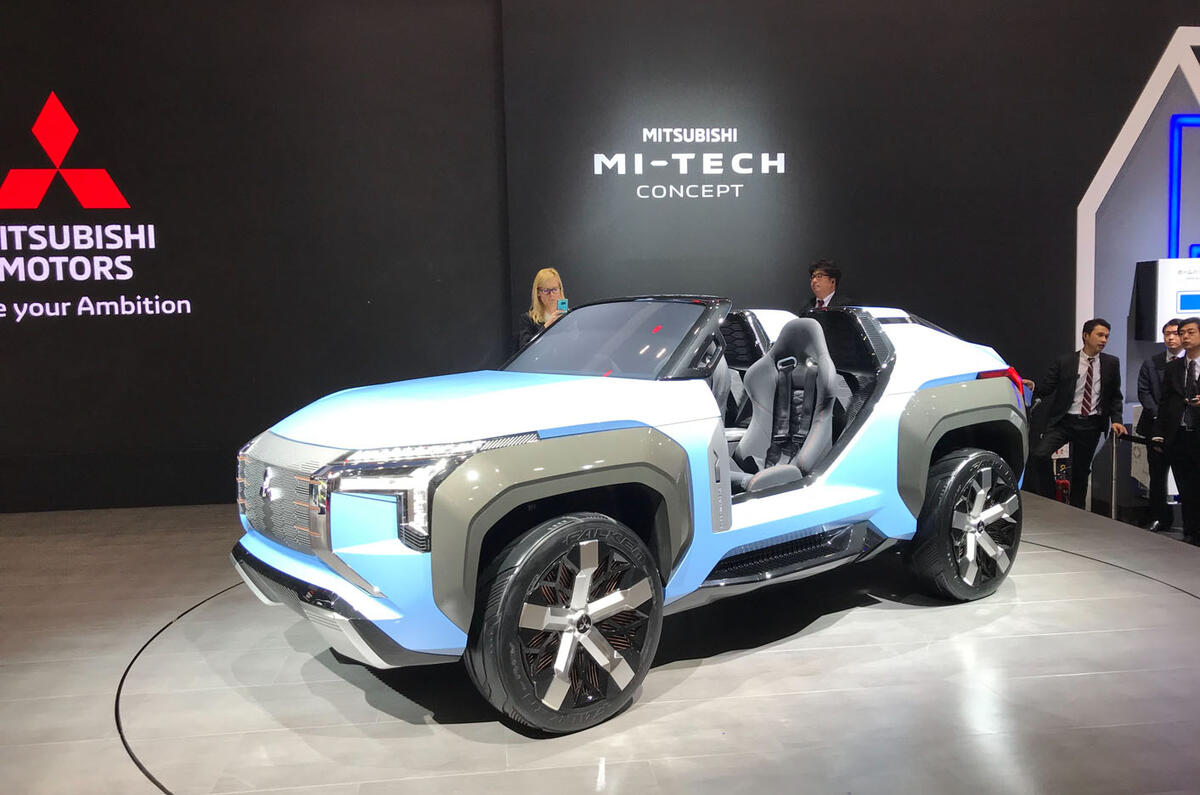
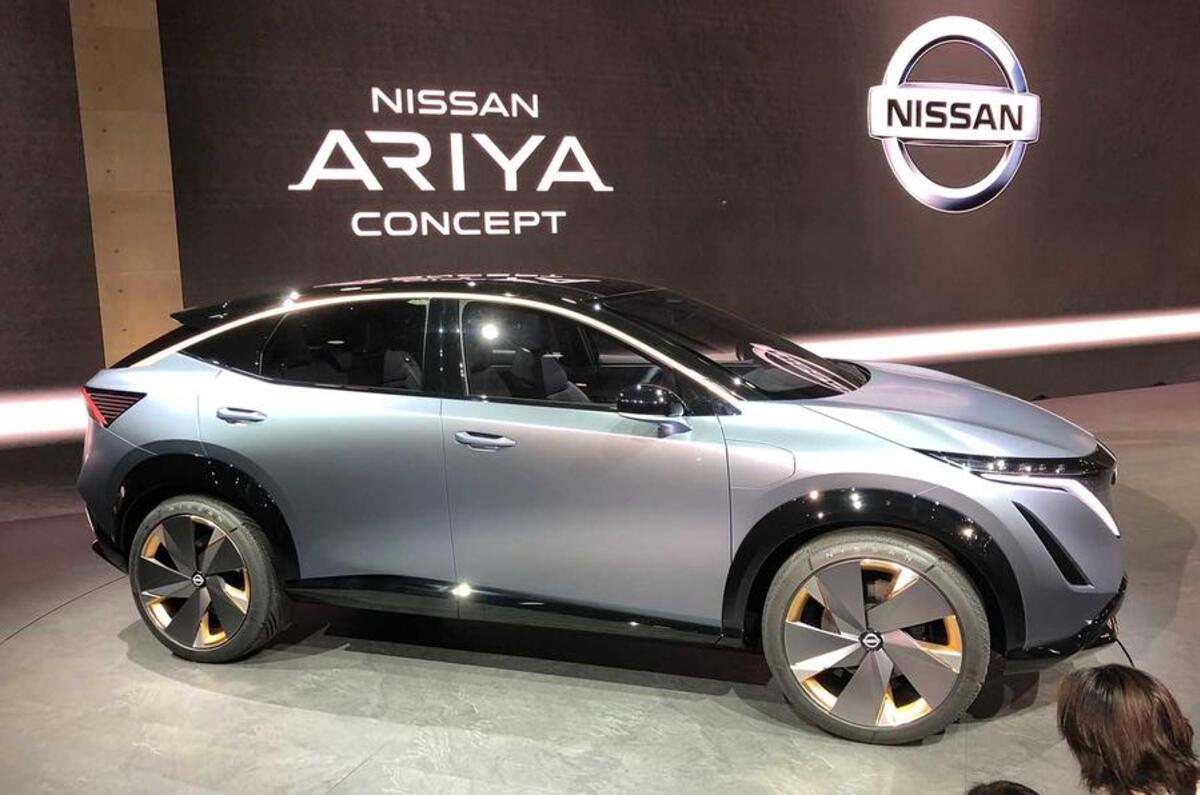
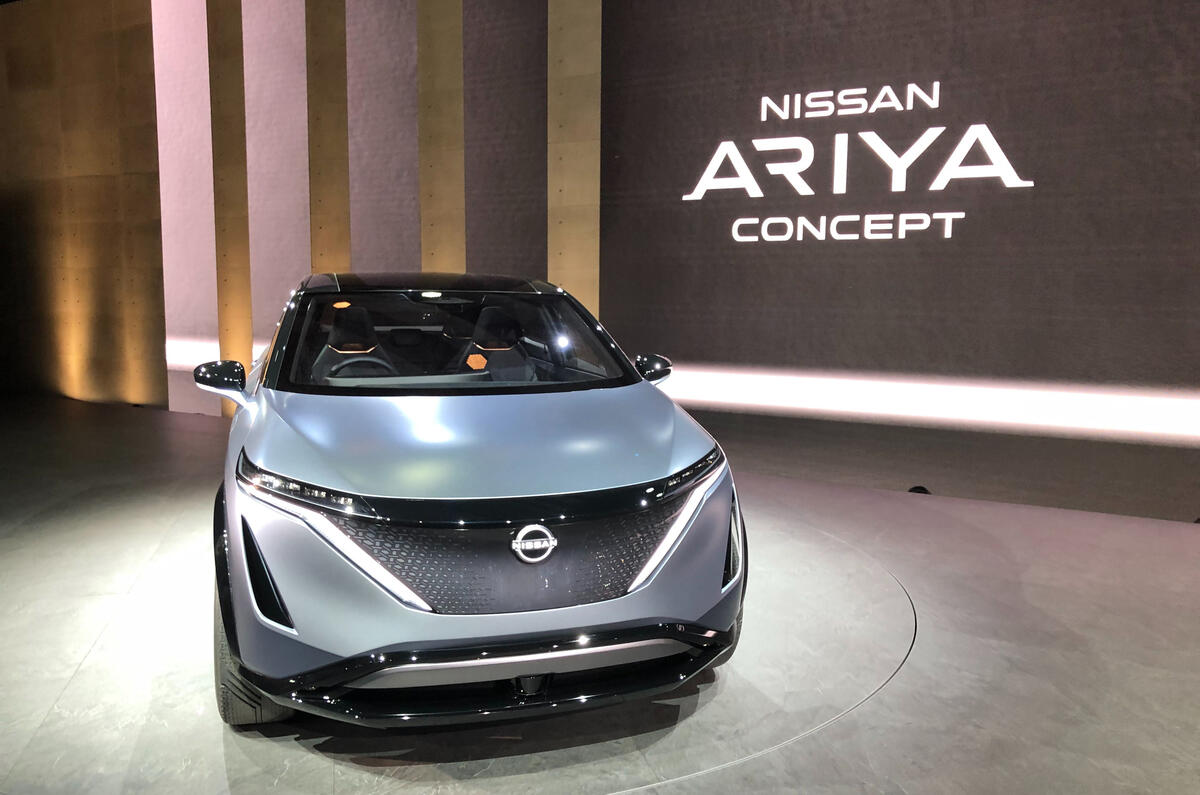
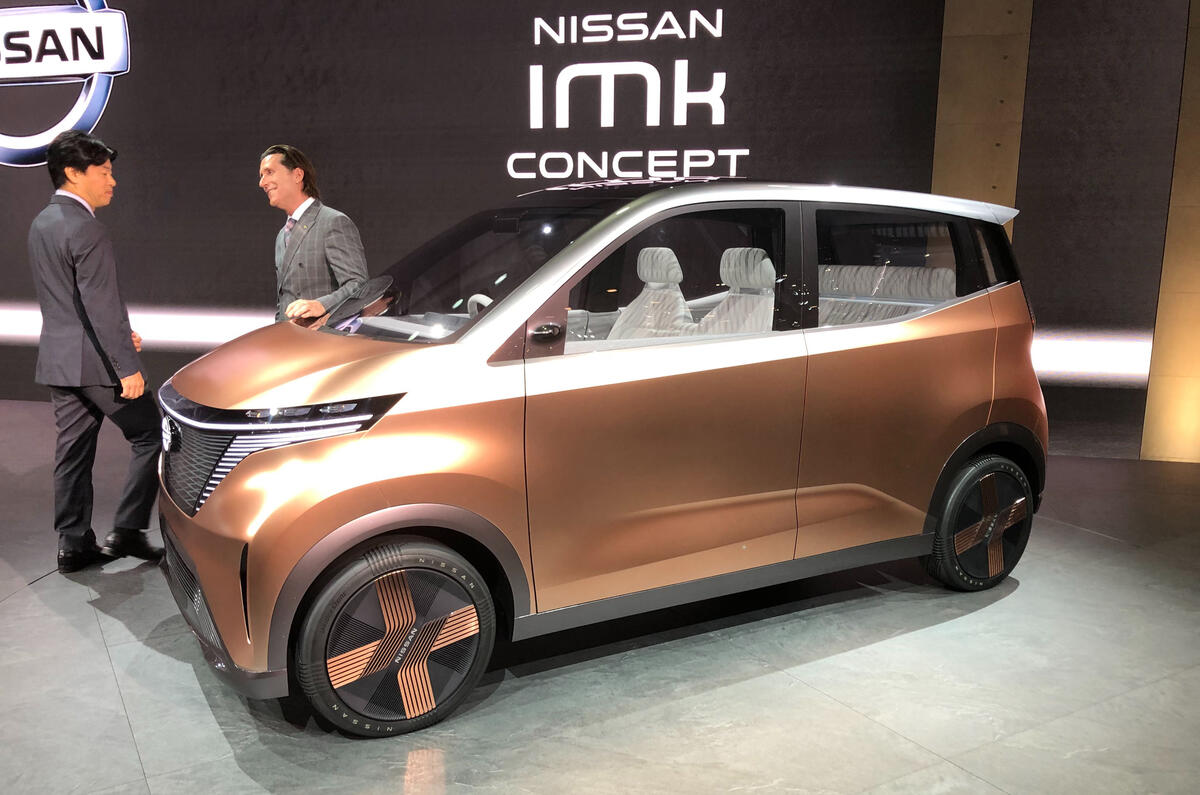
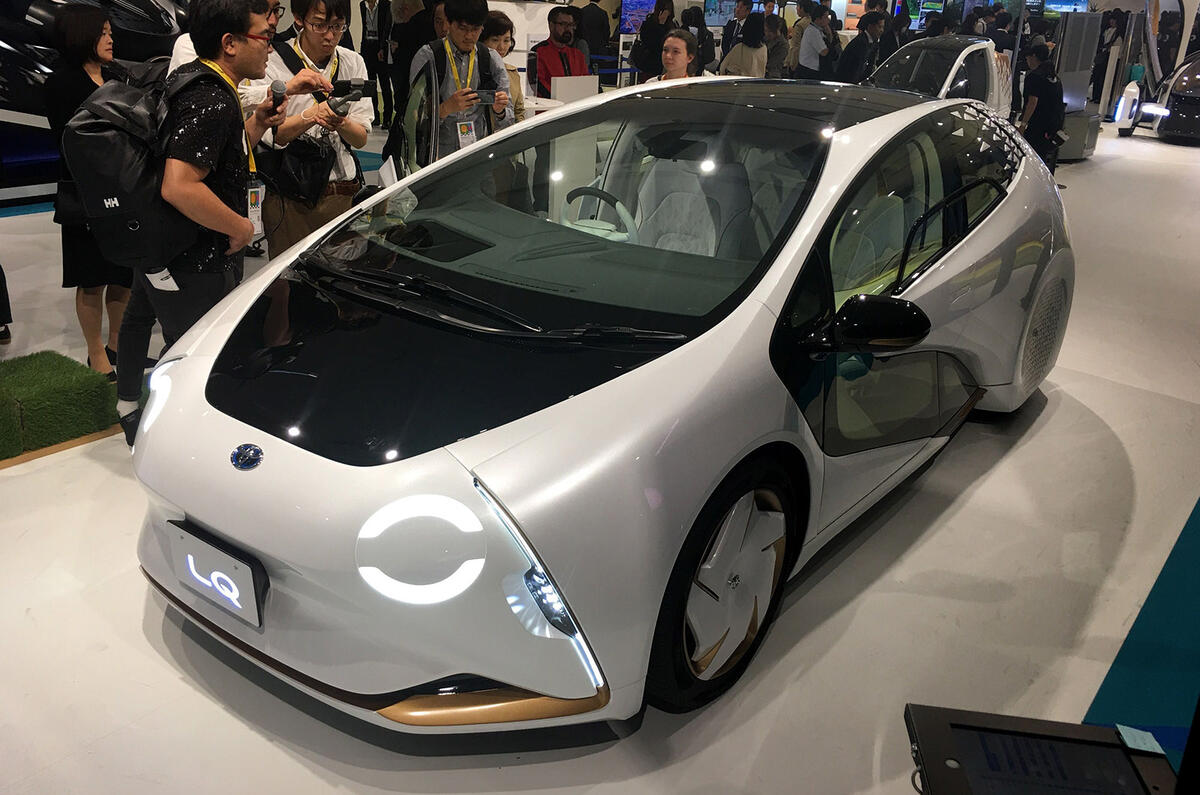
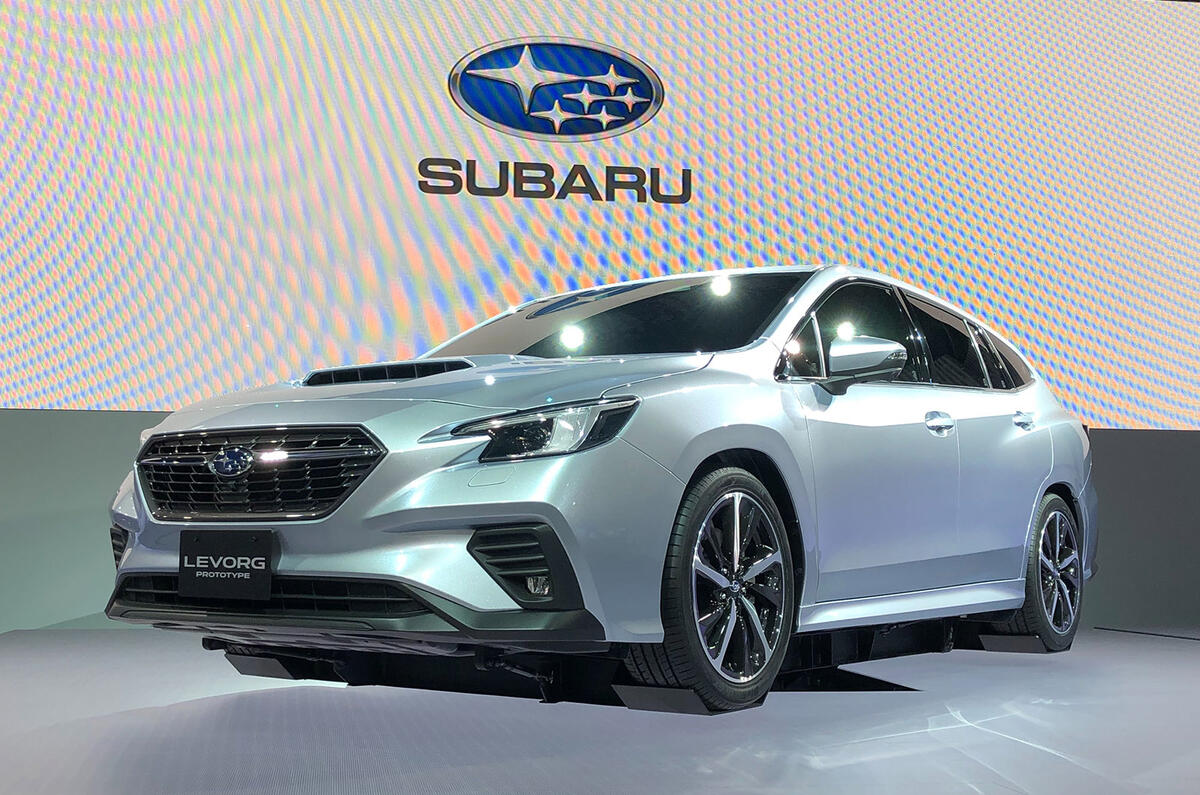
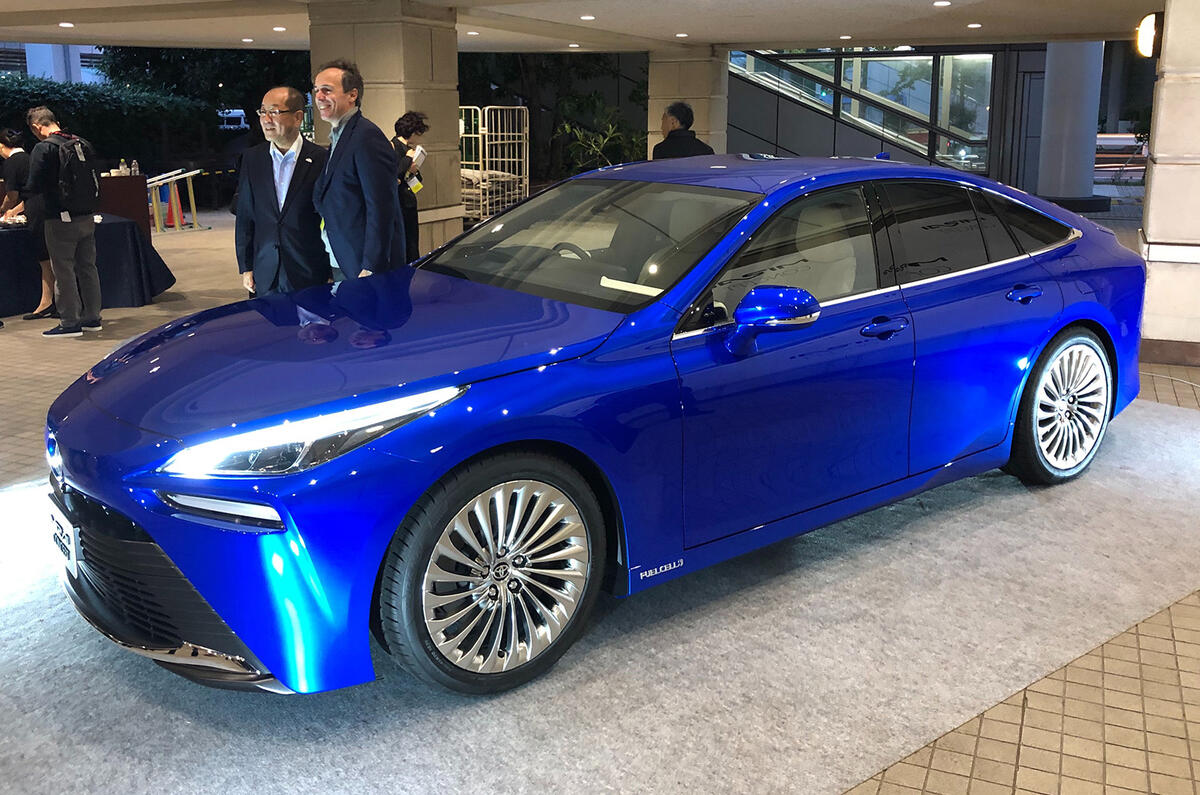
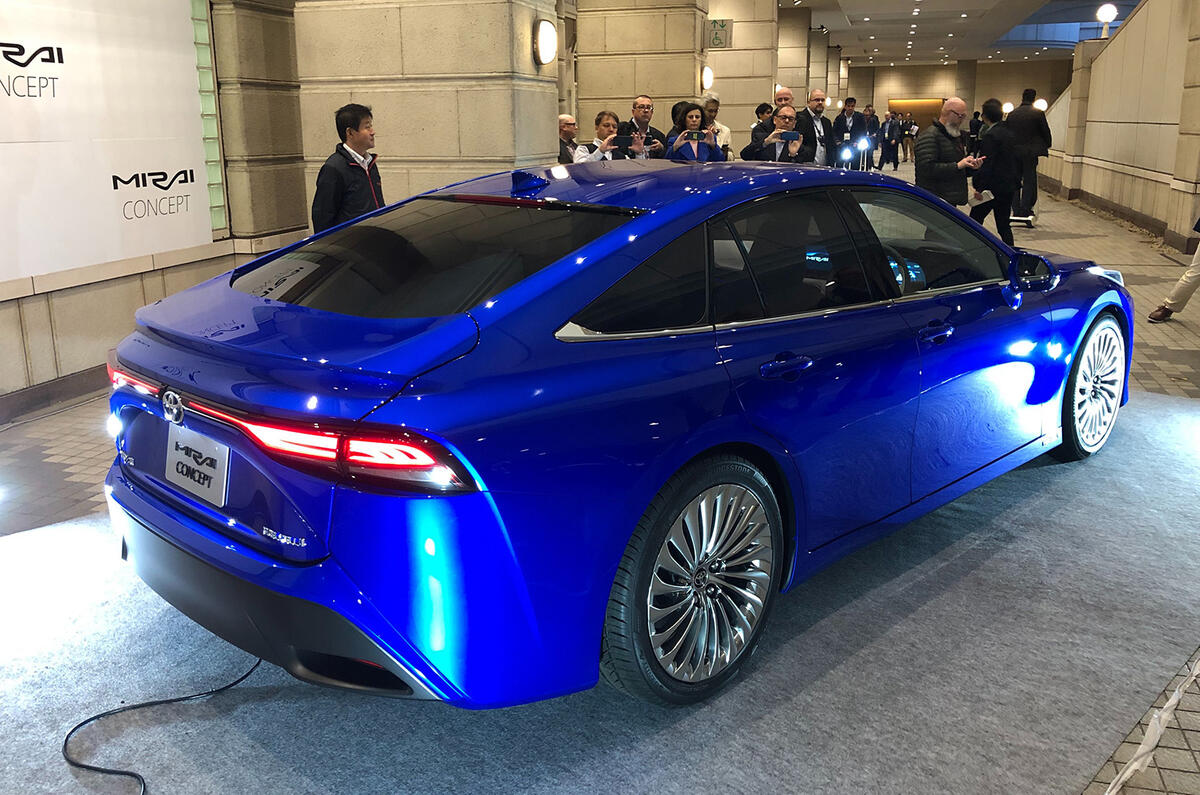
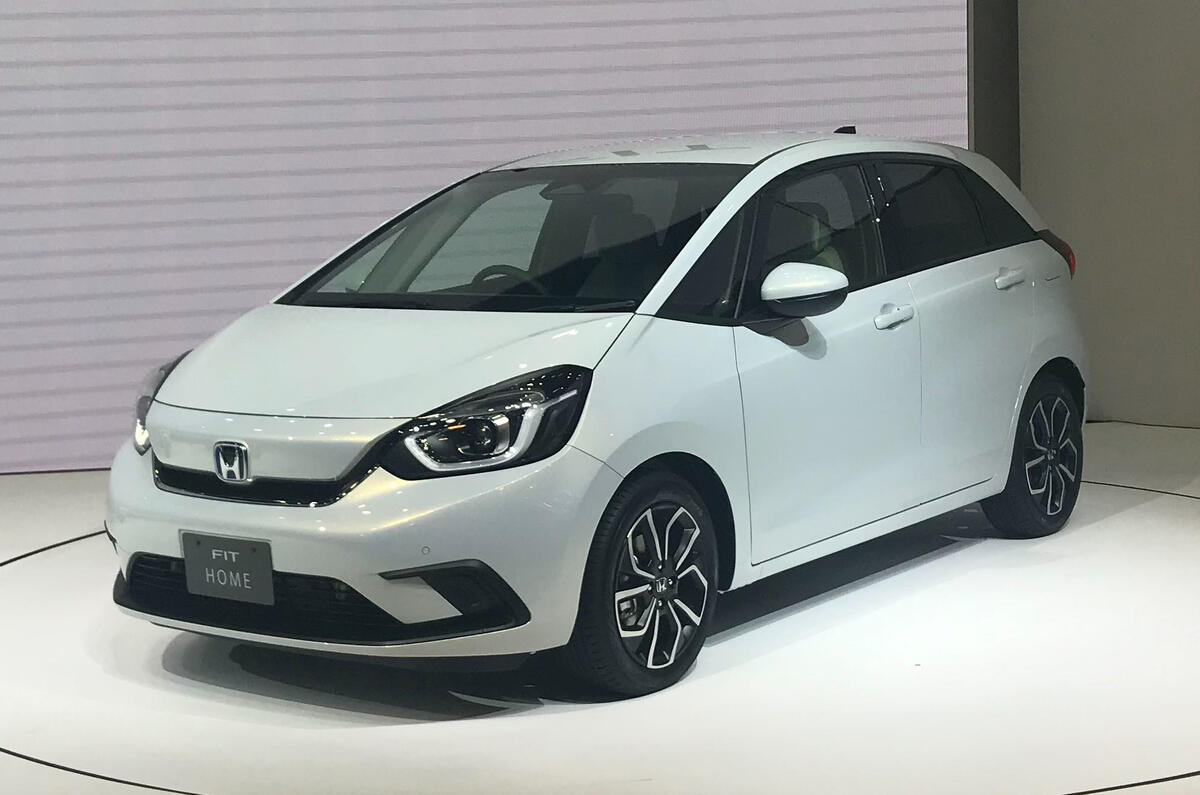
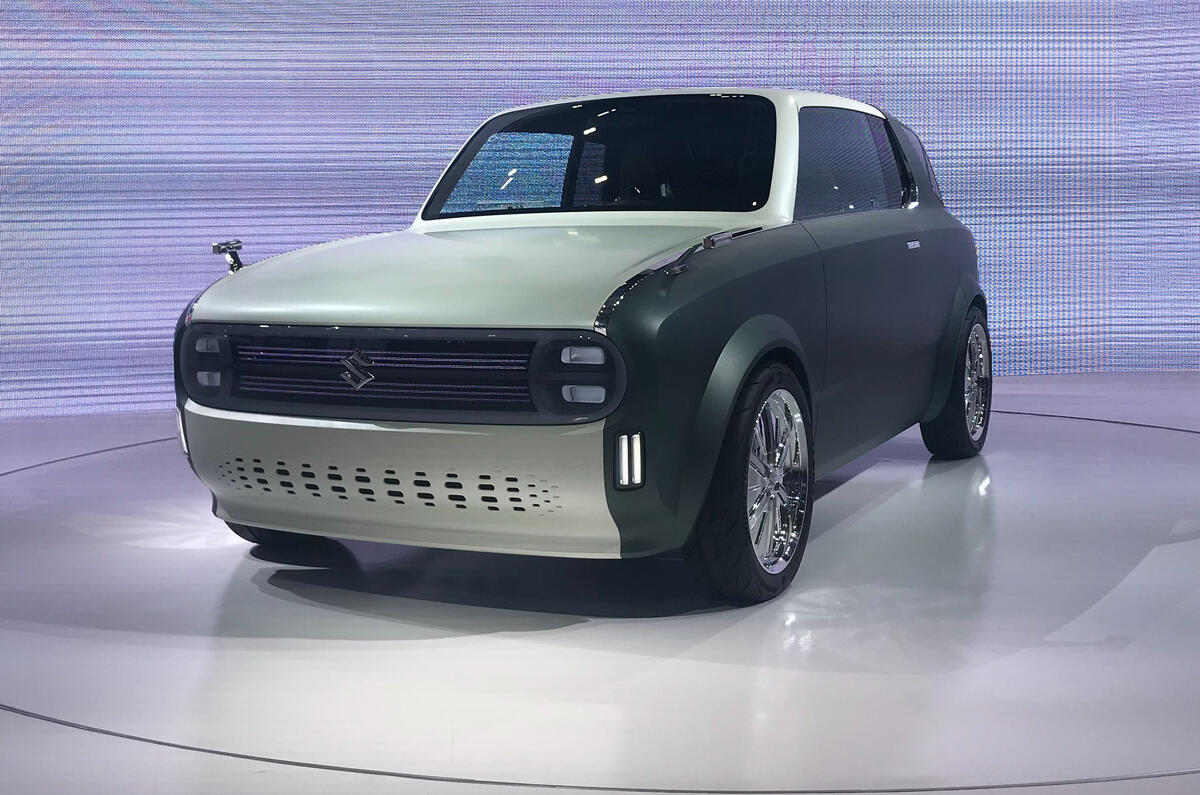
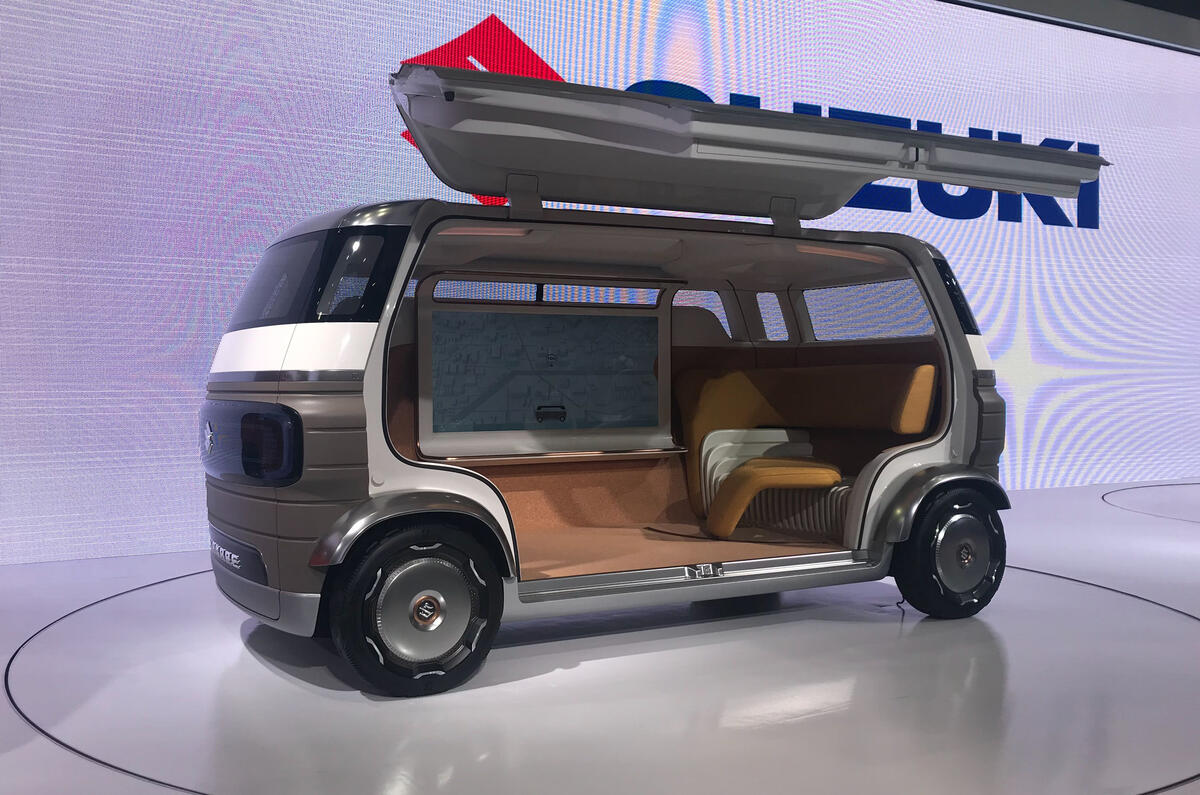
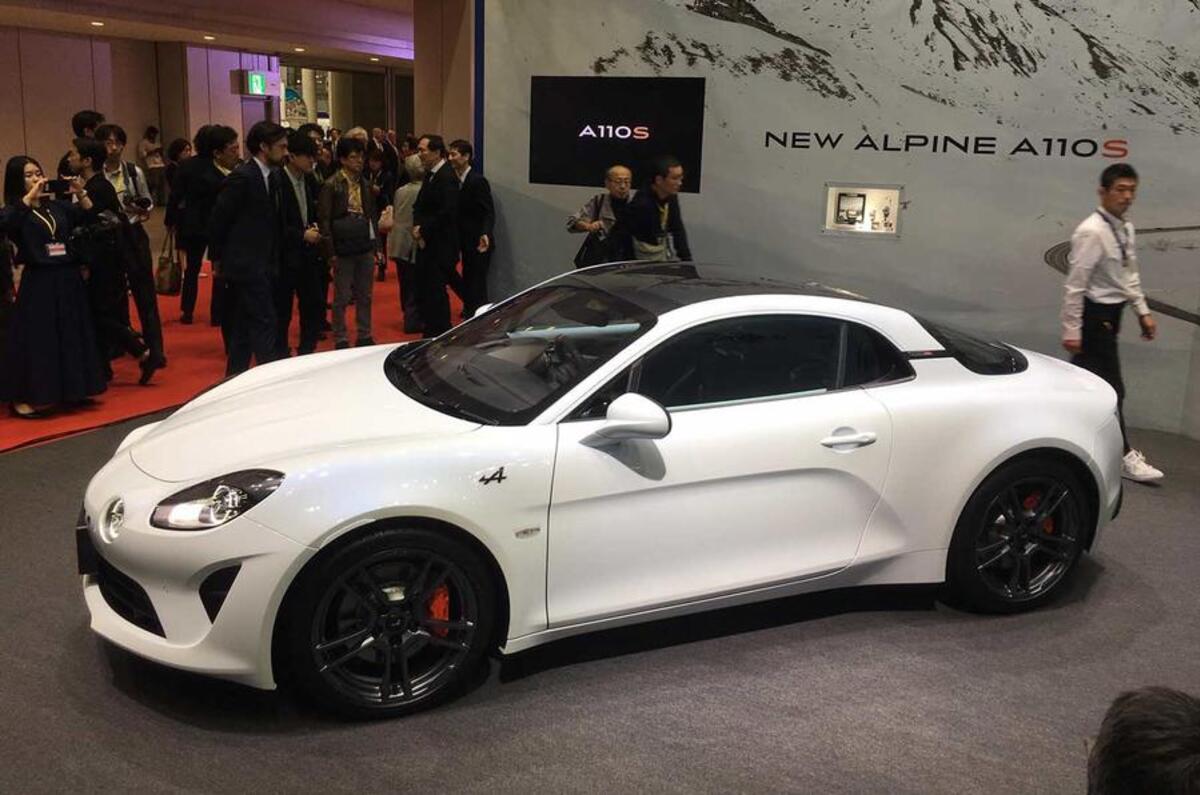
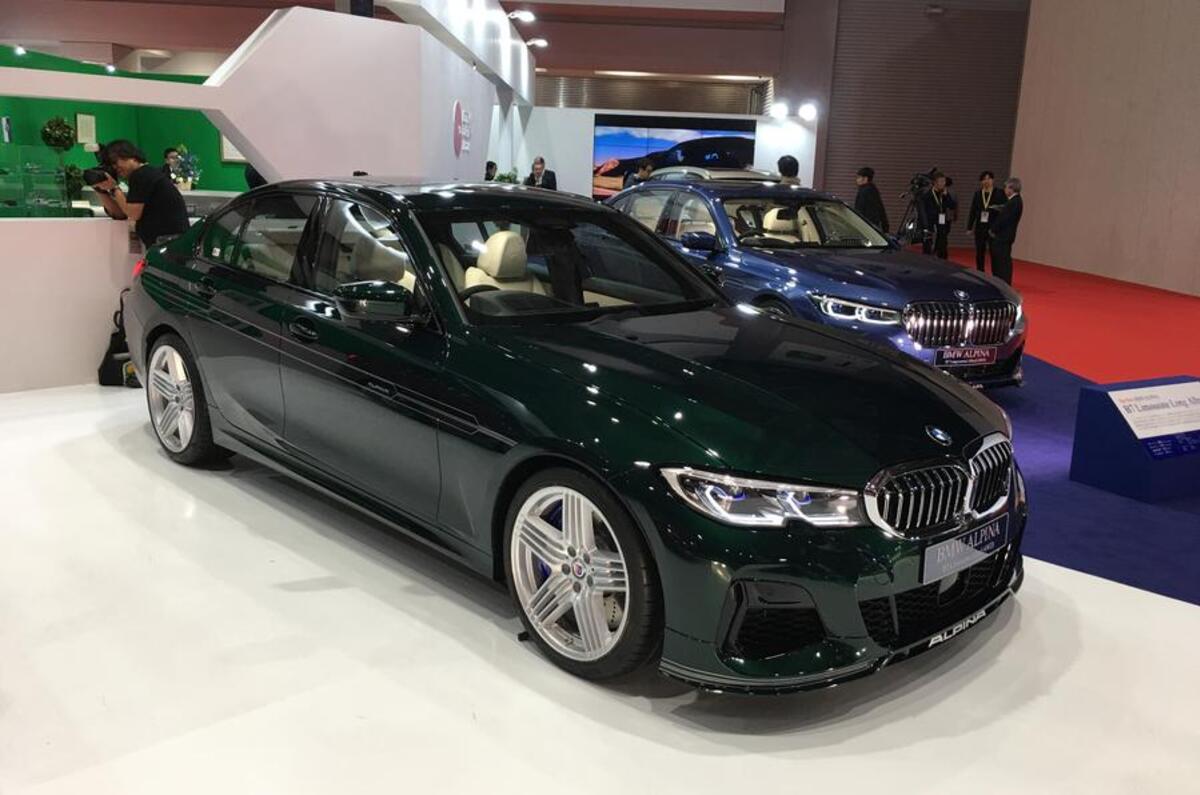
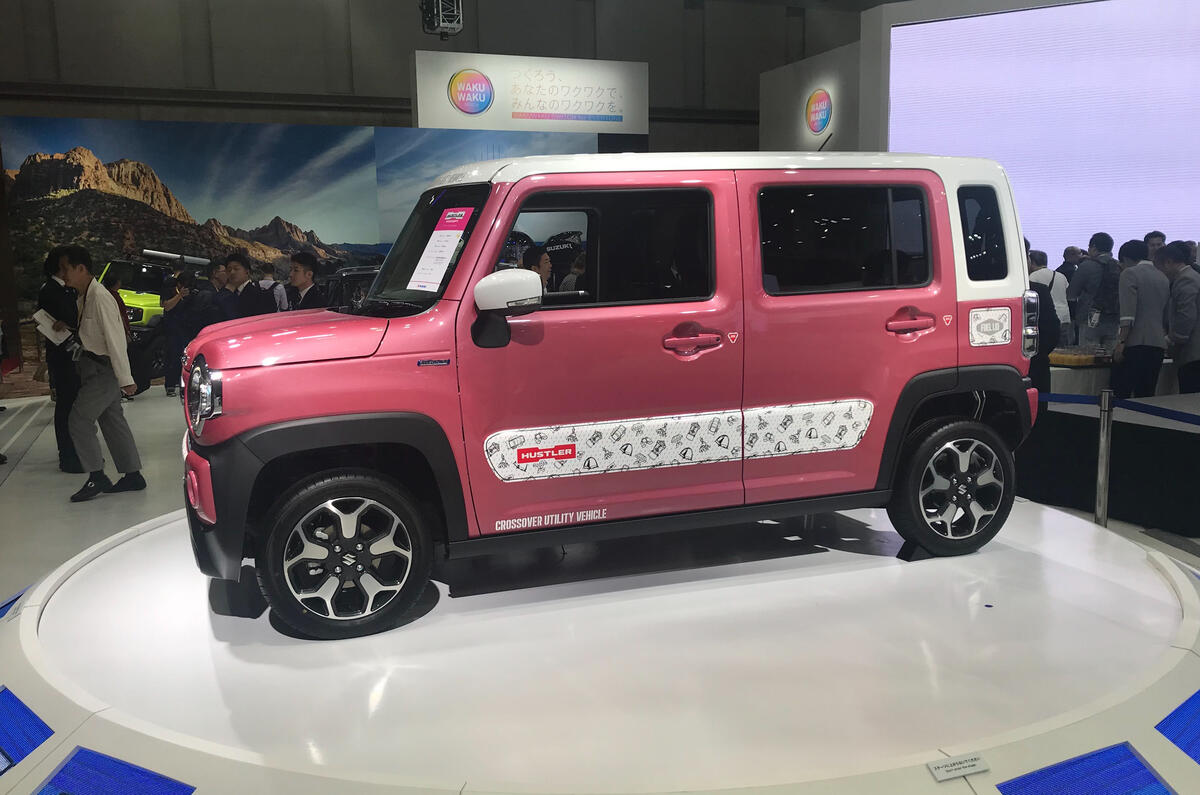


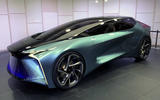
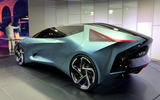
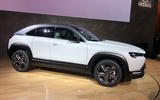
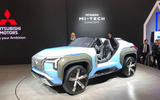
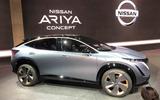
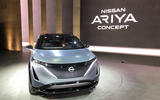
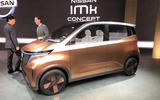
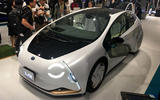
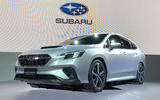
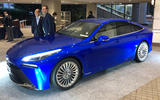
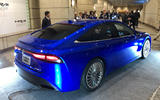

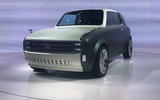



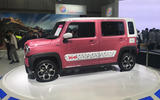



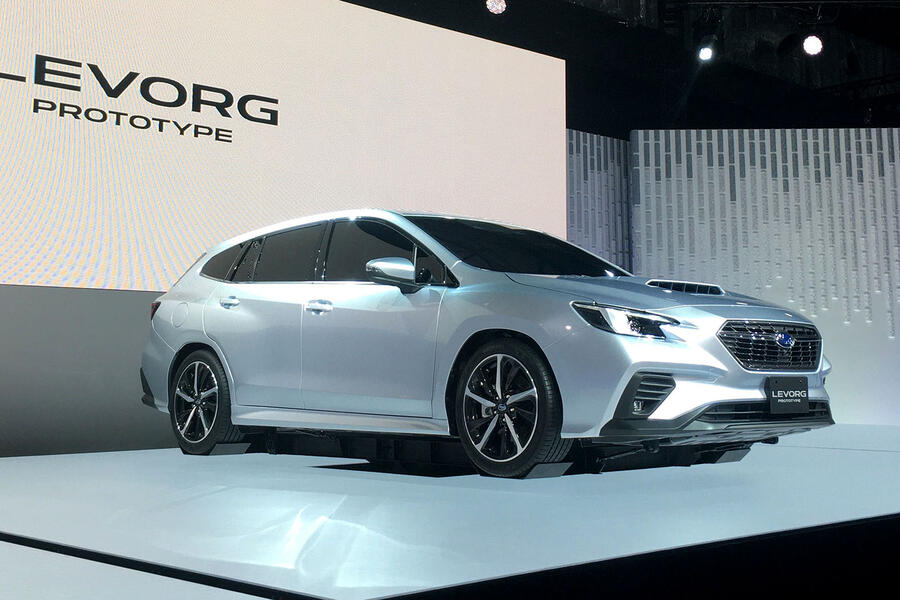
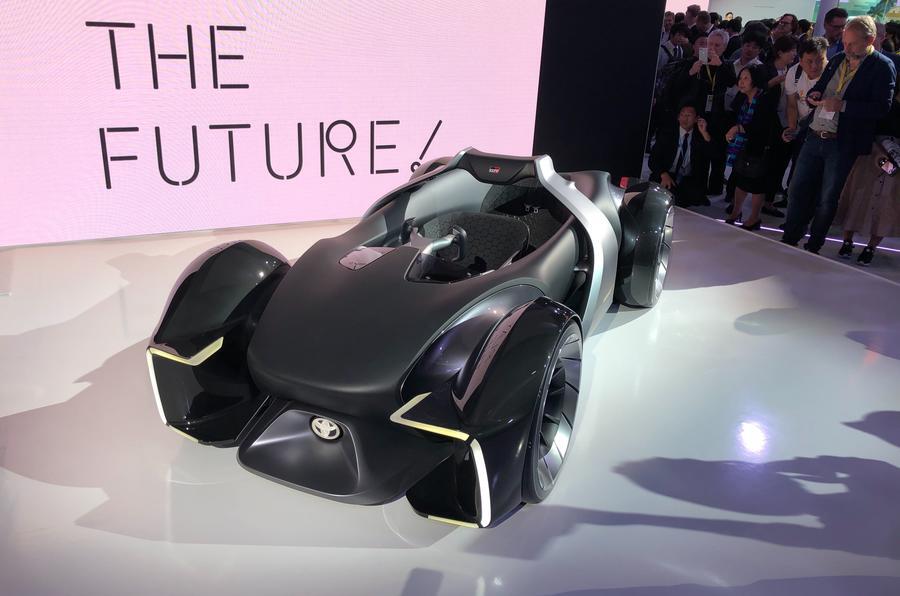
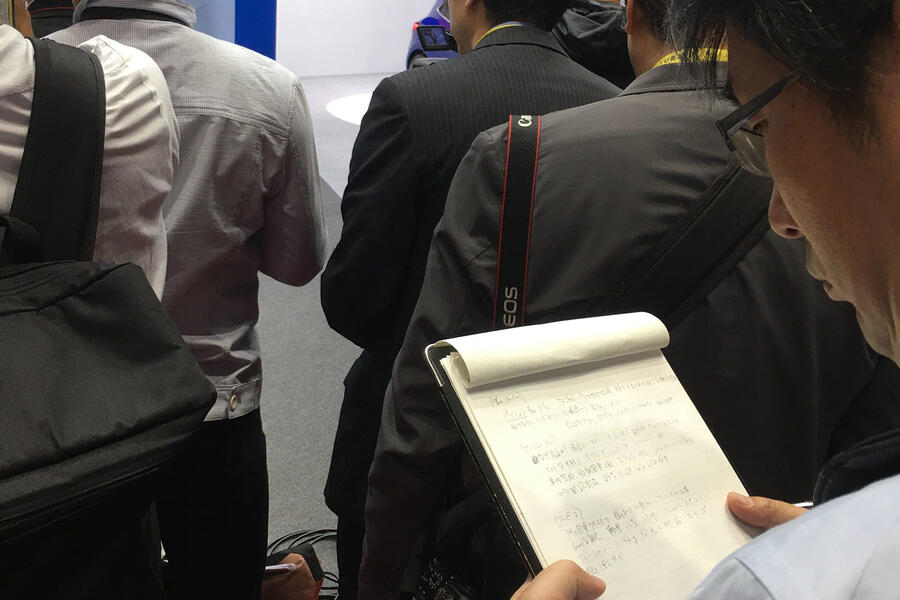
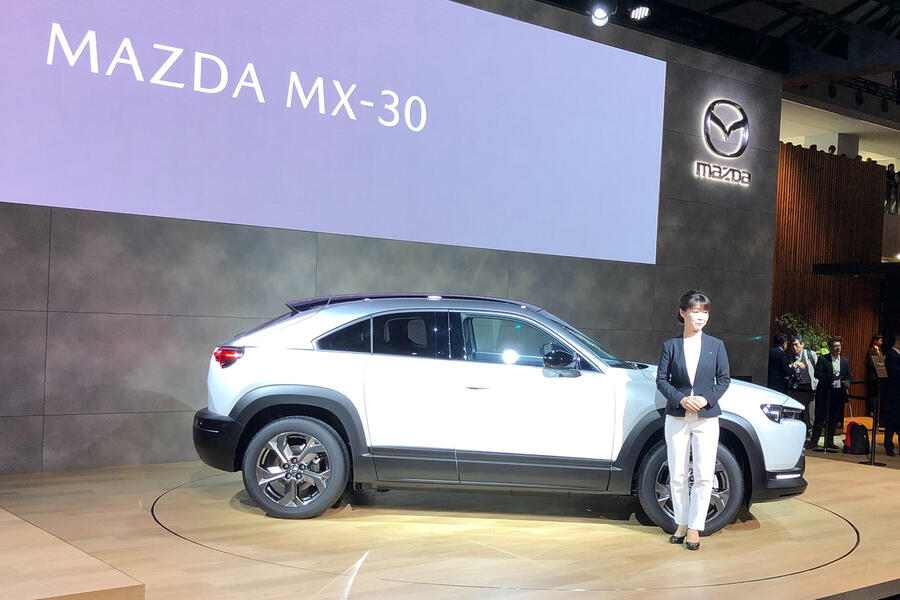

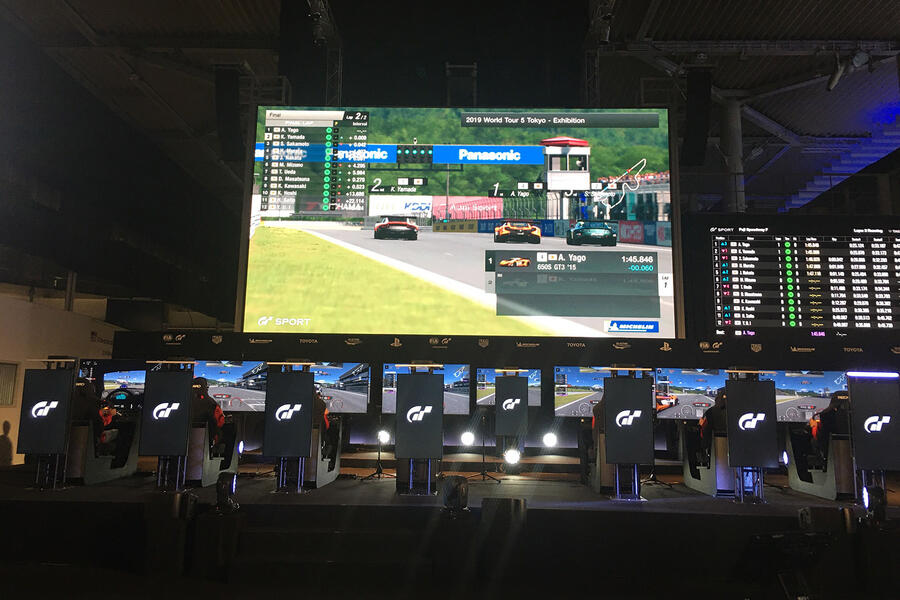
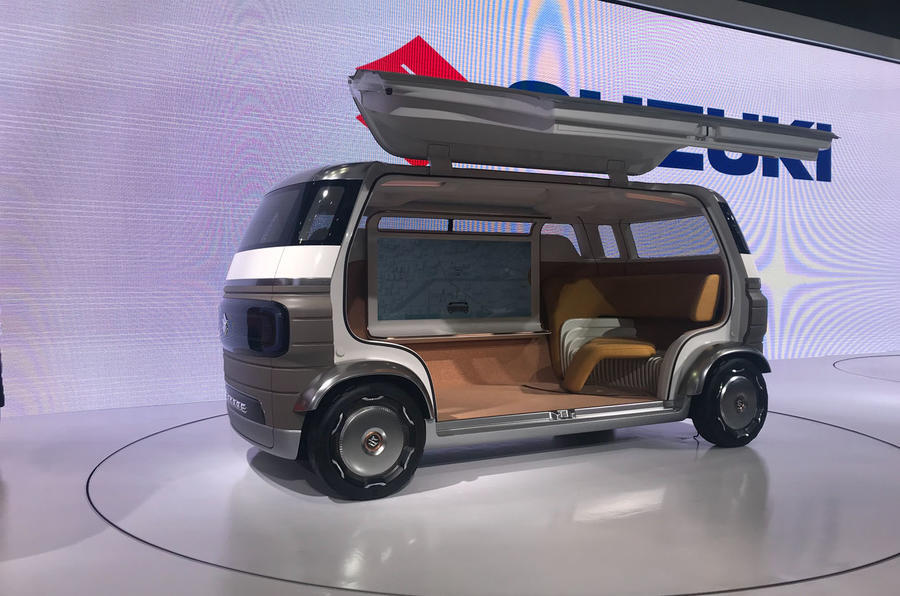

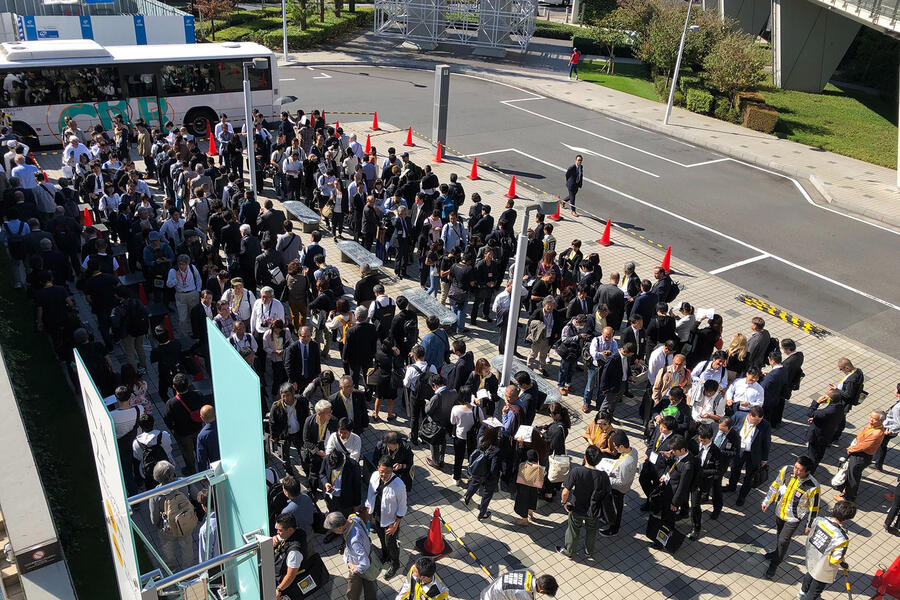
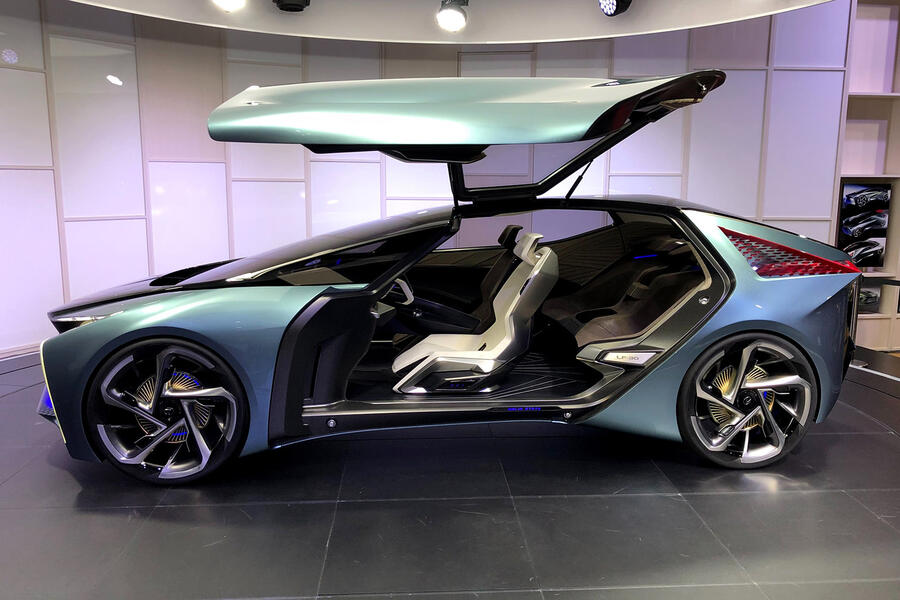
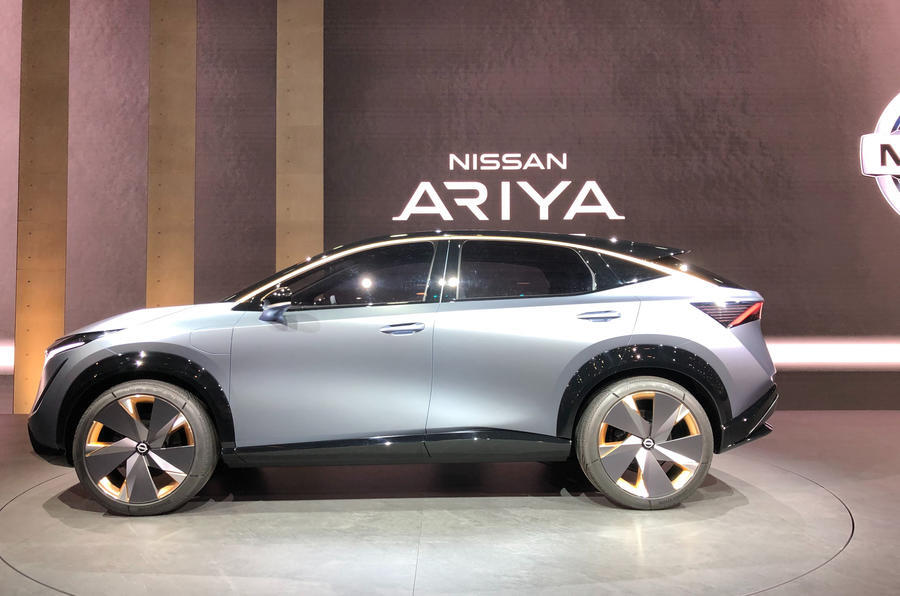
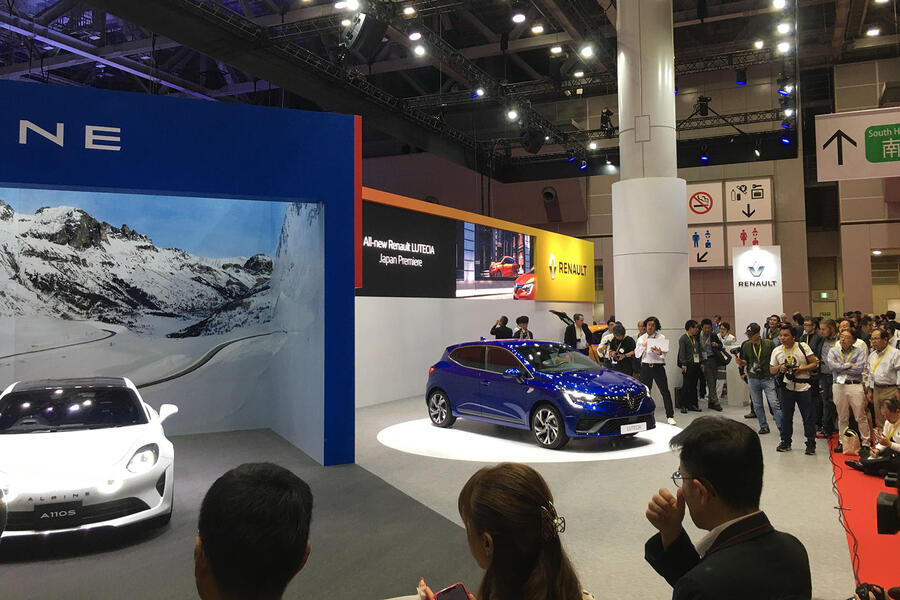
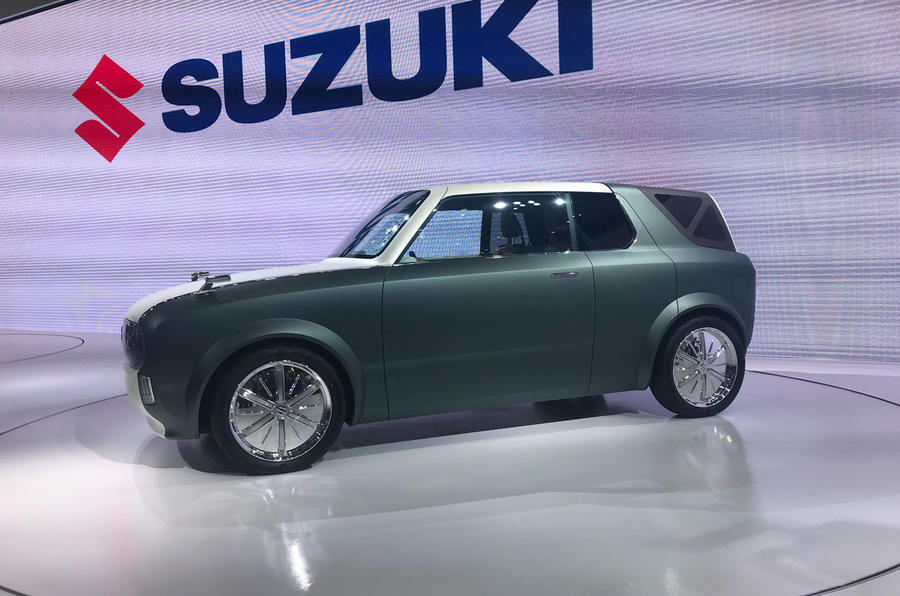
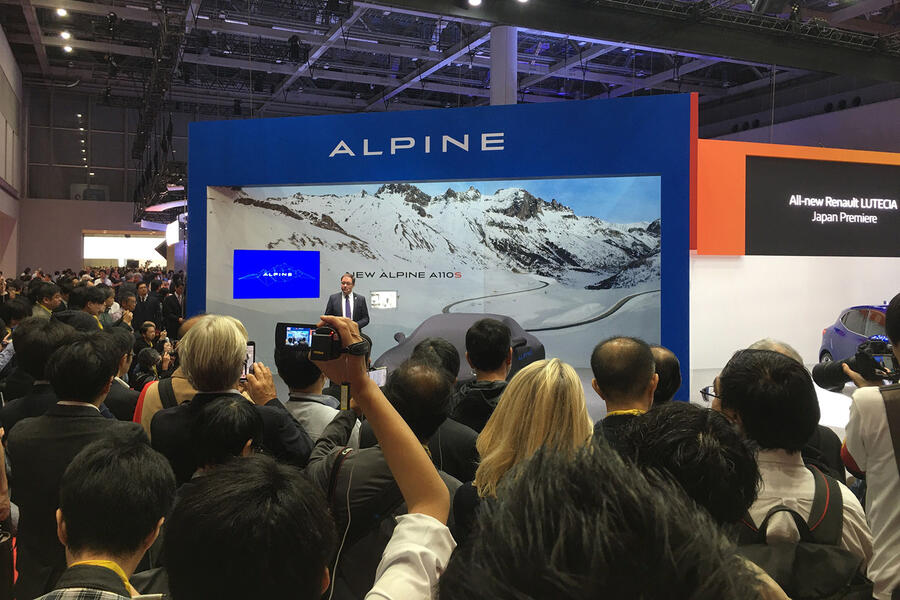
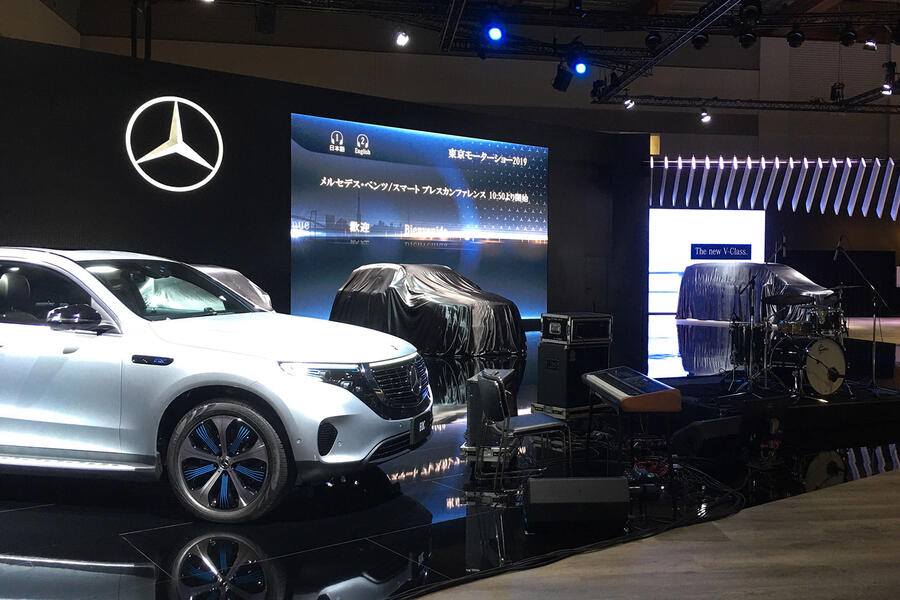
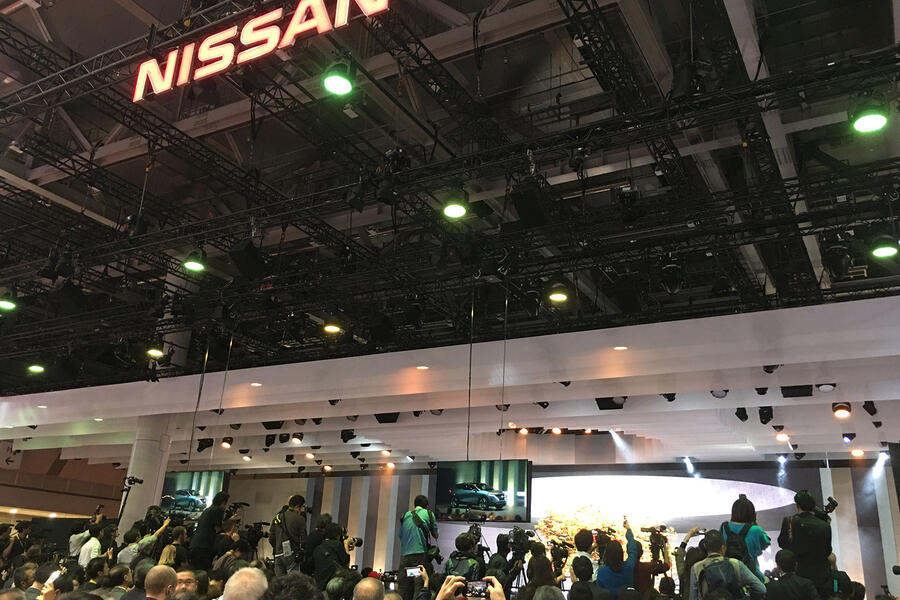
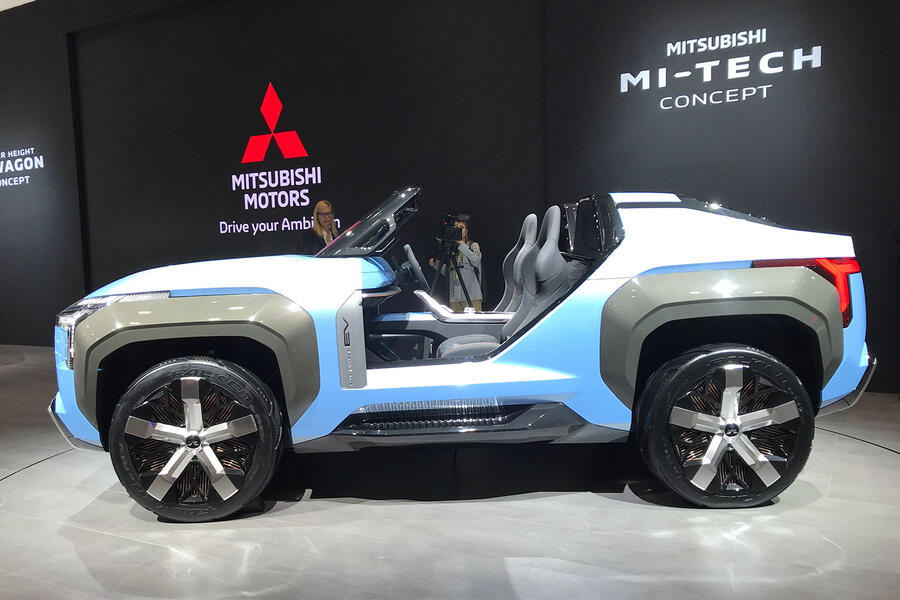
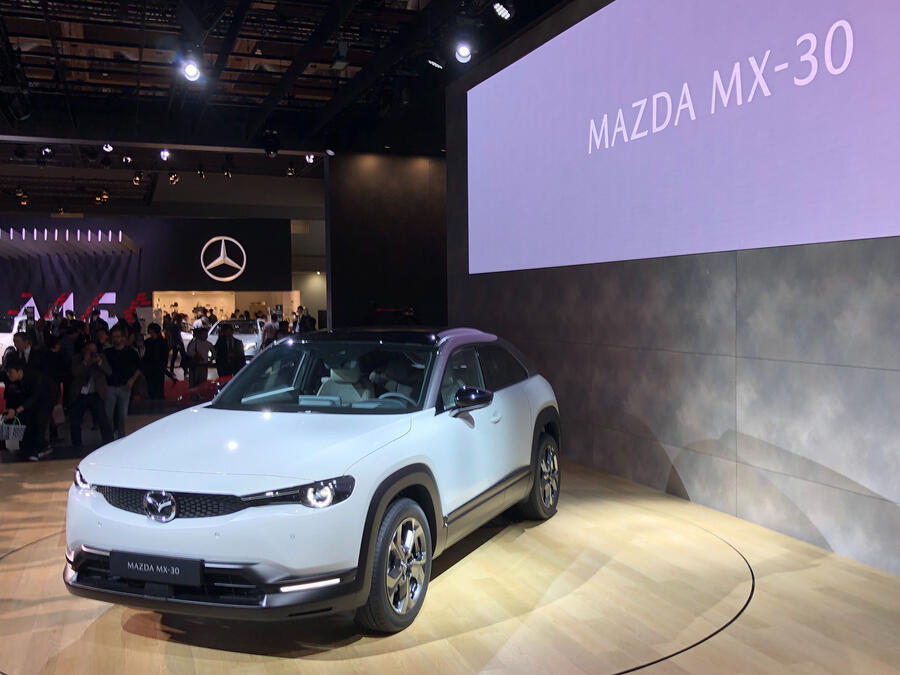
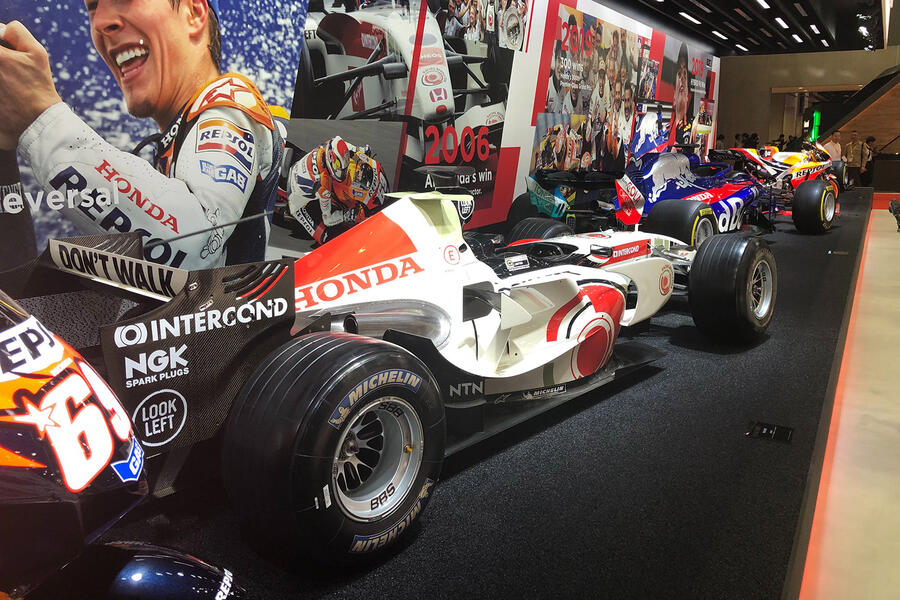

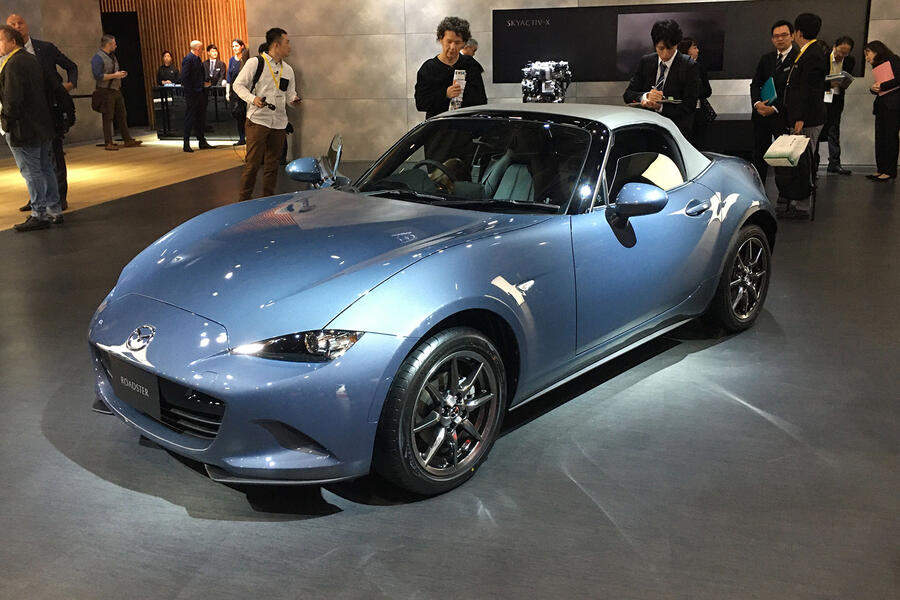
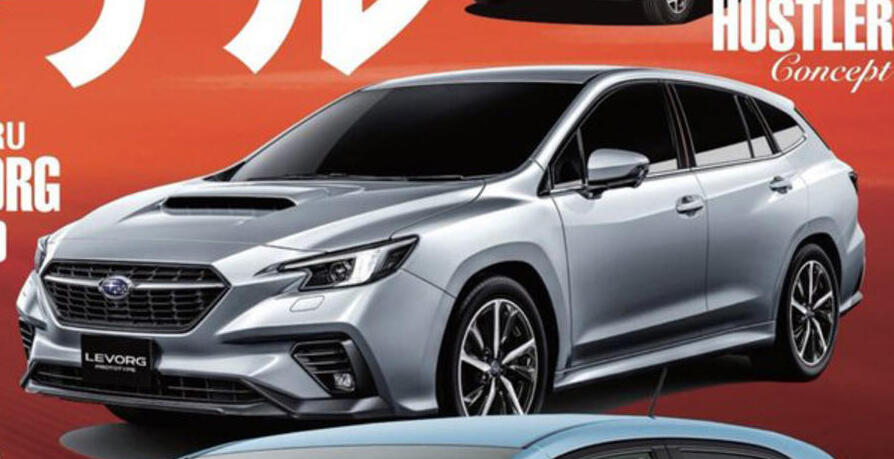
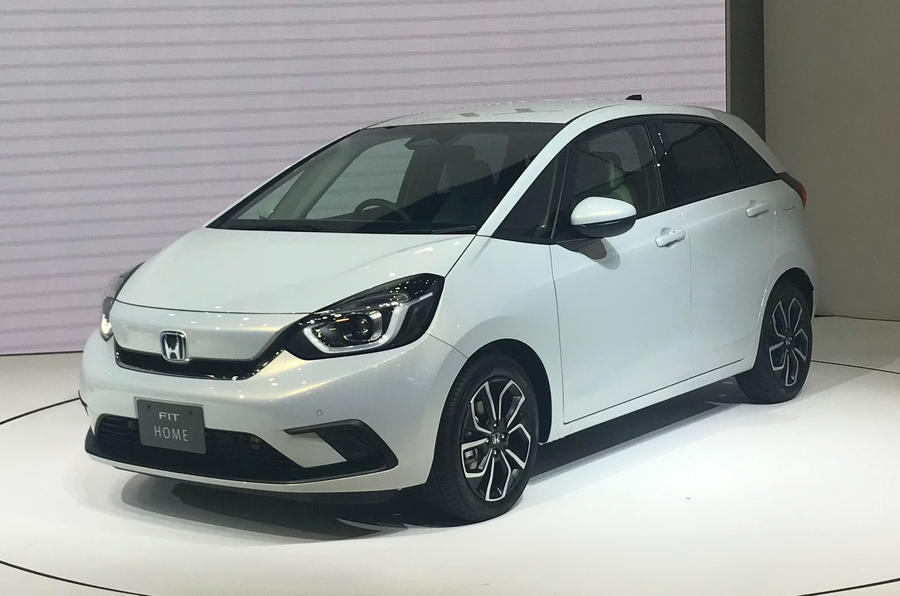
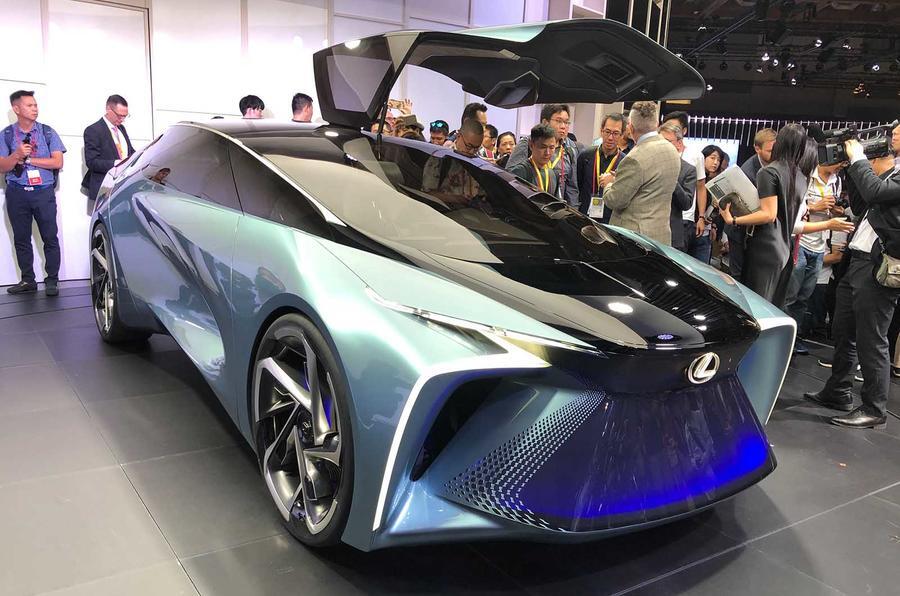
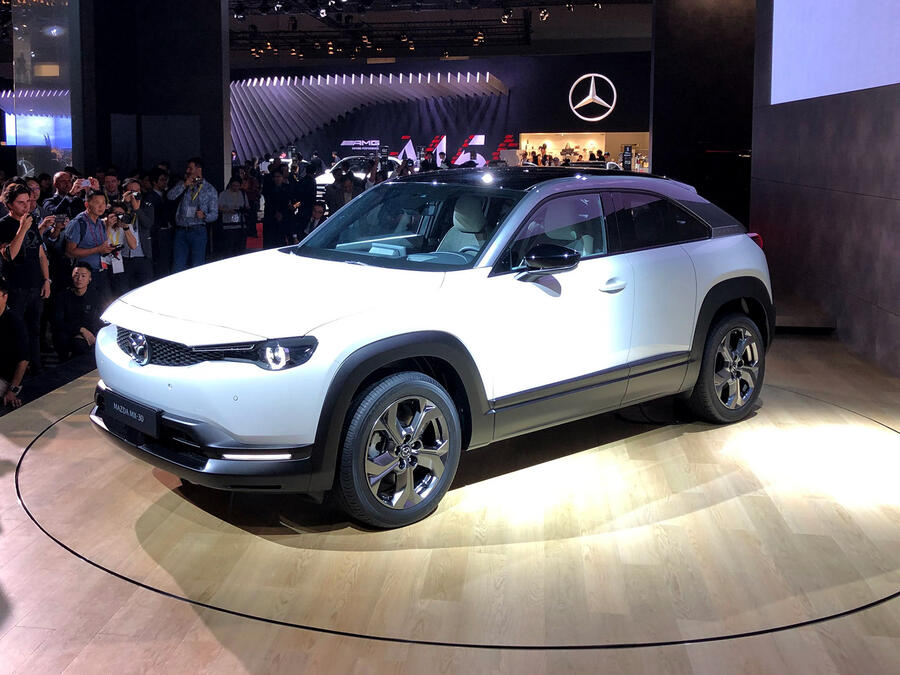
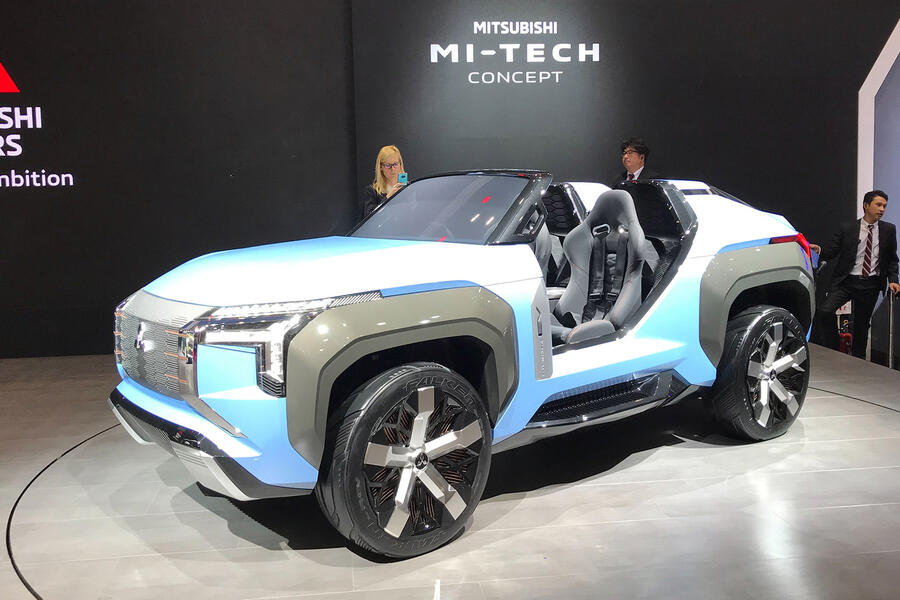
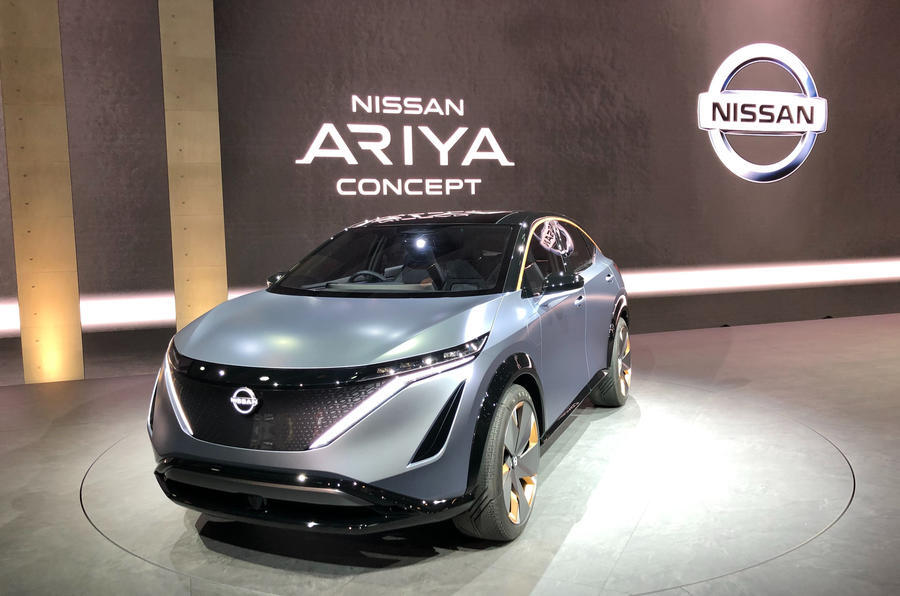
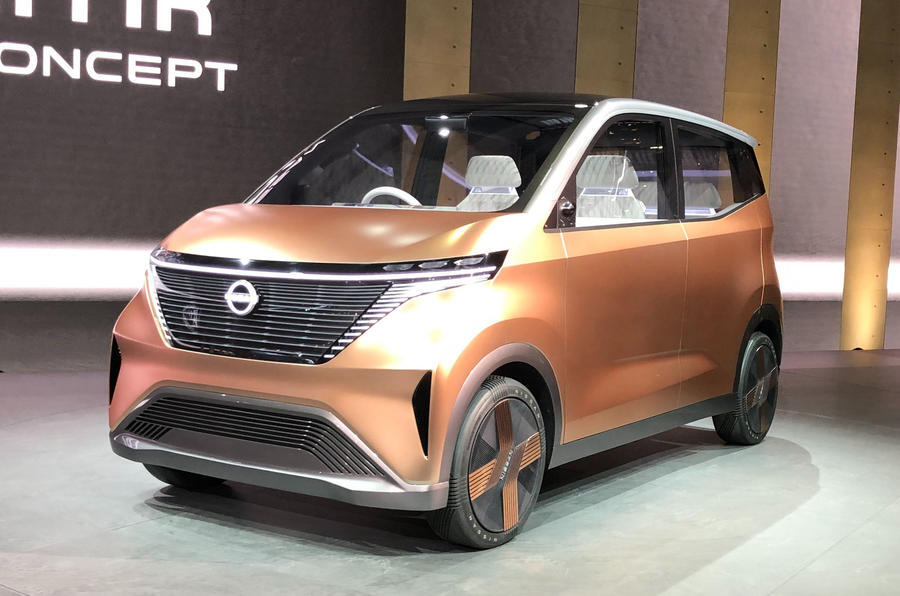
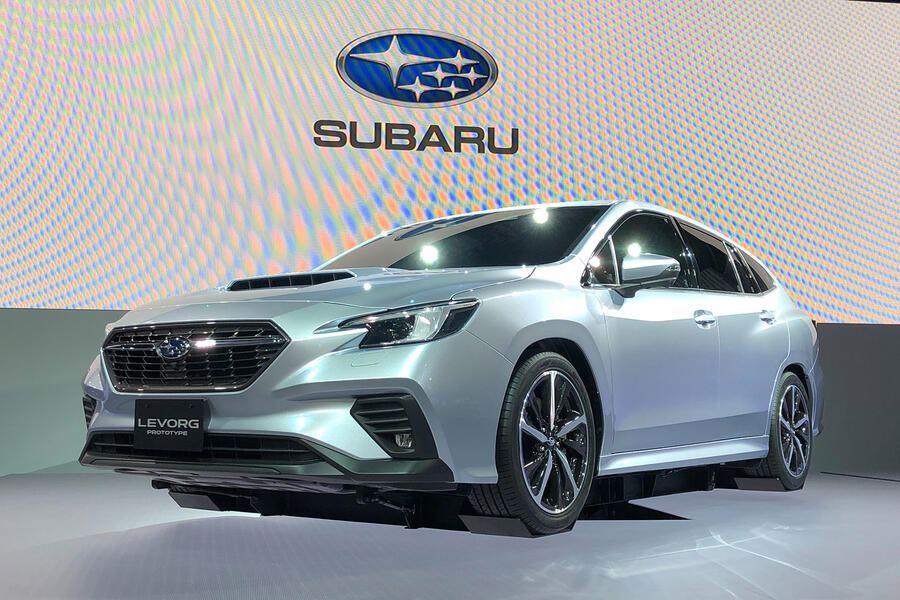
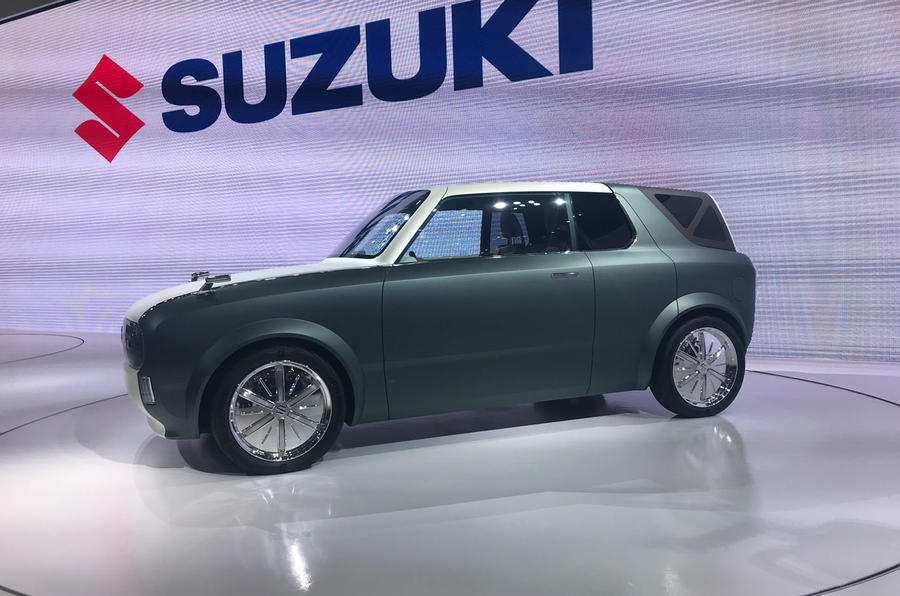

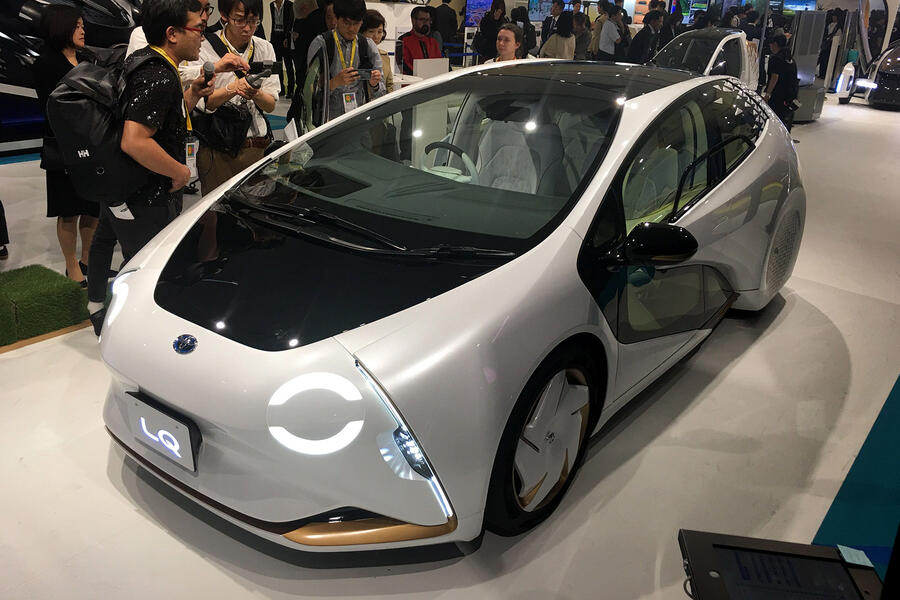
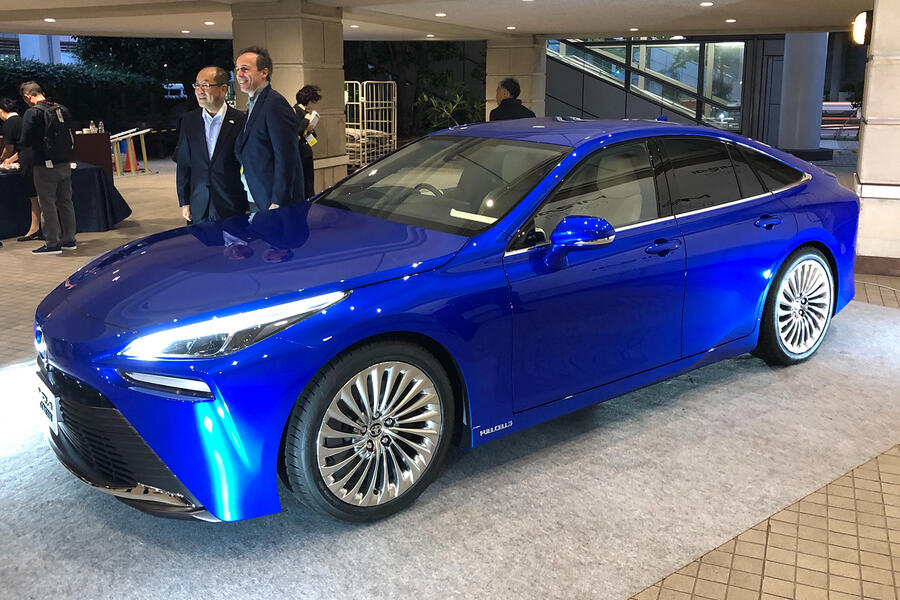

Join the debate
Add your comment
Next Gen GT86?
I thought an updated GT86/BRZ was being showcased at this event? Is there no sign of it?
That's probably the only interesting thing that was promised!
So far I'm pretty unimpressed
So far I'm pretty unimpressed. But yes to Kei cars becoming more available globally. The Japanese are way ahead of us here.
flukey wrote:
"The only"...are you blinkered?.
Well maybe if you're over 60
Well maybe if you're over 60 then the Jazz appeals to you, but otherwise it's 90% concepts that will never see production. Even the outliers are poor.
-Alpine A110s ? "we turned up the boost pressure on the turbo and charged you 7k for it"
-Toyota Mirai - This is dead on arrival like the previous car because there are 12 hydrogen fuel stations in the UK, and the fuel is more expensive than petrol.
-'Toyota' copen - Not available in the UK but kinda interesting I guess
- Mazda MX-30 "We made a car that looks like the MG ZS EV, somehow has less range, and costs 10,000 more, with less than half of the warranty"
So that leaves us with the Subaru Levorg...
Clearly manufacturers will
Clearly manufacturers will have liability when an autonomous vehicle is involved in an accident and it's obvious that manufacturers will resist any liability - after all what has driven the rise of tech companies is the ability to operate in a very laissez faire environment.
The difficulty for investigators is going to be how they build a case, particularly where a self driven car collides with a vehicle driven by a human or collides with a pedestrian. At the minute the police can use their superior resources to push through prosecutions (see the secret barrister for further details). The police in future will be up against well funded corporations and RTAs may take on the nature of an HSE investigation with potentially complex court cases attempting to ascertain liability.
No sign of Yamahas city cars